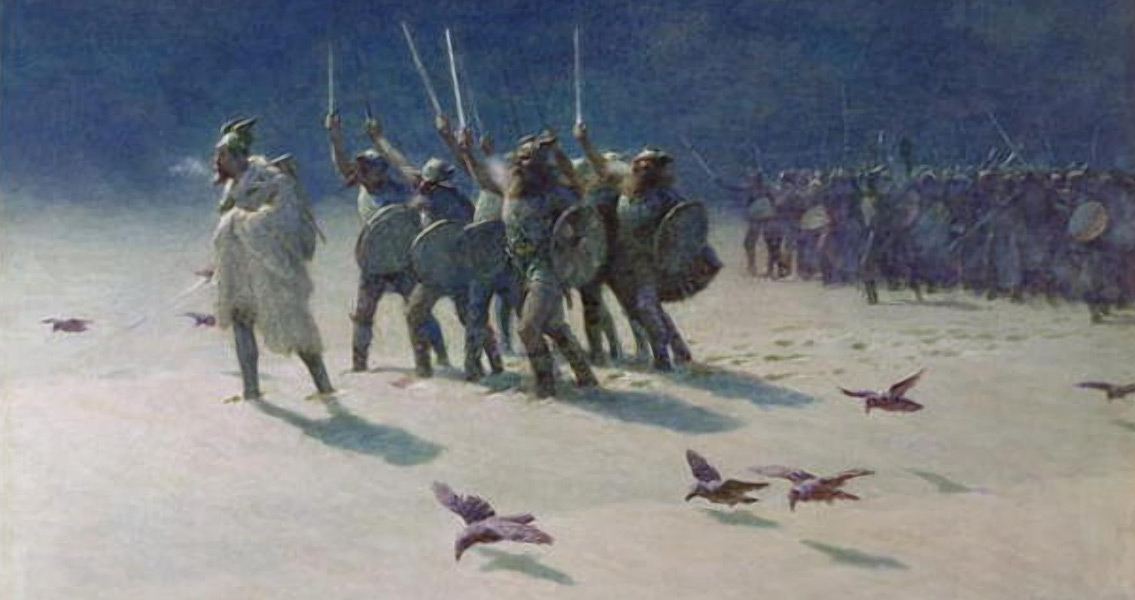<![CDATA[Research into the Viking Age, the period of history characterized by Scandinavian Norsemen exploring Europe for trading, raiding and conquest, has revealed new possible causes and motivations for the endeavor. One of the most well known events of this period saw raiders sacking and burning monastic communities located in the British Isles, beginning in the late eighth century CE and culminating in a concerted effort to conquer and expand into much of Anglo-Saxon England. According to the University of York’s Dr. Steve Ashby, an archaeologist who wanted to shed new light on the impetus behind the aggressive expansion of Germanic people from Scandinavia further west and south, it turns out that there possibly could have been more motivating Vikings than just the opportunity to sail off with their longboats laden with Saxon plunder. Dr. Ashby remarked in a press release from the university that he “wanted to try to discover what would make a young chieftain invest in the time and resources for such a risky venture.” He added that he was intensely interested in what the motives of such a Viking leader’s crew were as well. While previous research on the subject has taken into account political, technological, demographic and environmental reasons for the rapid uptick in raiding, pillaging, settlement and conquest, Dr. Ashby suggests that a simple focus on what the physical rewards of raiding were for the Vikings is short-sighted, and that a broader look is needed in order to build a better characterization of the Scandinavian people of the time. The archaeologist remarked that it’s impossible to discount how much “the lure of the exotic” played a role in Viking activity, citing classic anthropological research which has demonstrated how powerful a driver the lure of the unknown or alien can be when it comes to motivating leaders to increase their power base. The researcher says that this theoretical approach can also help shed light on what went through the typical Scandinavian’s mind when considering if they would join a raiding party led by their thegn, or lord. Instead of just blind obedience, these Vikings would sign on to support their leader in order to gain opportunities not just to club a few dozen Saxon monks to death and make off with their silver, but also to demonstrate how much prowess they had on the field of battle, which would in turn grow their reputation for having the qualities needed to be a successful warrior – either through skill of arms, courage under fire, or cunning and reliability when needed. While thegns would be looking for ways to increase their social status through raiding and returning with priceless and exotic artifacts, their followers could also benefit by earning better social standing for themselves as well. For more information: www.journals.cambridge.org ]]>
Research into Viking Age Reveals Possible Causes
